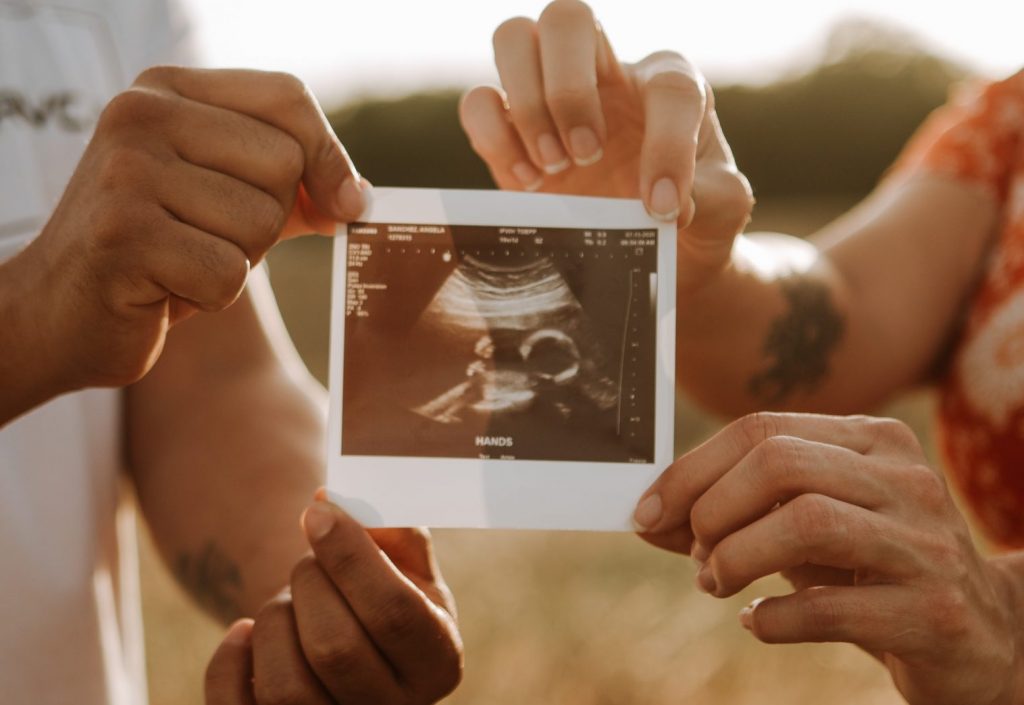
On Thursday officials from the Arkansas Secretary of State’s office filed testimony with the state supreme court saying that volunteers who worked for the Arkansas Abortion Amendment of 2024 collected 87,675 signatures in support of the measure.
Earlier this month Arkansans for Limited Government submitted petition signatures to place the Arkansas Abortion Amendment on the ballot. Bringing the amendment up for a vote would require at least 90,704 valid signatures from registered voters.
However, Secretary of State John Thurston disqualified every petition signature, because the sponsors failed to provide affidavits that state law requires concerning paid petition canvassers.
By law, ballot initiative sponsors must file a statement confirming that each paid canvassers was given a copy of the state’s initiative and referenda handbook as well as an explanation of relevant state laws before he or she solicited petition signatures. The sponsors backing the abortion measure failed to file this specific documentation when they submitted the petitions for the abortion amendment. That prompted the Secretary of State to reject all of the petitions.
Arkansans for Limited Government filed a lawsuit, claiming Secretary of State Thurston unlawfully rejected its petitions. On Tuesday, the Arkansas Supreme Court issued an order directing the Secretary of State to count the Arkansas Abortion Amendment petition signatures collected by volunteers.
On Thursday the Secretary of State informed the Arkansas Supreme Court that its office had counted 87,675 abortion amendment signatures collected by volunteers. That is 3,029 fewer than necessary to qualify for the ballot.
The Secretary of State’s affidavit only contains the gross number of signatures on the petitions, and it does not say how many signatures were from registered voters — so it is unknown how many of those signatures would be disqualified if the petitions underwent the full validation process that Arkansas law requires.
Legal experts have pointed out the abortion amendment would prevent the State of Arkansas from restricting abortion during the first five months of pregnancy — which is more extreme than Roe v. Wade — and would allow thousands of elective abortions on healthy women and unborn children every year.
The amendment does not contain any medical licensing or health and safety standards for abortion, and it does not require abortions to be performed by a physician or in a licensed medical facility.
It automatically nullifies all state laws that conflict with the amendment, jeopardizing basic abortion regulations — like parental-consent and informed-consent requirements that both sides of the aisle have supported in the past.
The measure also contains various exceptions that would permit abortion on demand through all nine months of pregnancy in many cases.
Family Council will continue to monitor and report on the lawsuit over the Arkansas Abortion Amendment of 2024.
You can download a copy of the Arkansas Abortion Amendment here.
Articles appearing on this website are written with the aid of Family Council’s researchers and writers.




